There is a little bit modified example from clojure.org/refs
(defn mod-nth [v i f] (assoc v i (f (v i))))
(defn run [oper nvecs nitems nthreads niters]
(let [vec-refs (vec (map (comp ref vec)
(partition nitems (repeat (* nvecs nitems) 0))))
sum #(reduce + %)
swap #(let [v1 (rand-int nvecs)
v2 (rand-int nvecs)
i1 (rand-int nitems)
i2 (rand-int nitems)]
(dosync
(let [temp (nth @(vec-refs v1) i1)]
(oper (vec-refs v1) mod-nth i1 inc)
(oper (vec-refs v2) mod-nth i2 dec))))
report #(do
(prn (map deref vec-refs))
(println "Sum:"
(reduce + (map (comp sum deref) vec-refs))))]
(report)
(dorun (apply pcalls (repeat nthreads #(dotimes [_ niters] (swap)))))
(report)))
(time (run alter 100 10 10 100000))
sample output is
([0 0 0 0 0 0 0 0 0 0] [...])
Sum: 0
([15 -14 -8 57 -26 -12 -49 -29 33 -3] [...])
Sum: 0
"Elapsed time: 1995.938147 msecs"
Instead of swapping unique numbers i'm transferring ones from one vector elements to another.
This operation could be assumed as commutative so there is another test - it's the same except commute is used instead of alter
(time (run commute 100 10 10 100000))
with sample output like
([0 0 0 0 0 0 0 0 0 0] [...])
Sum: 0
([8 48 -10 -41 -17 -32 -4 50 -31 88] [...])
Sum: 0
"Elapsed time: 3141.591517 msecs"
Surprisingly first example is running in about 2 seconds while second needs 3 seconds
But as mentioned in this SO answer
commuteis an optimized version of alter for those times when the order of things really does not matter
How it could be optimized while it needs more time to do the same work in this simple case?
What is the purpose of commute ?

